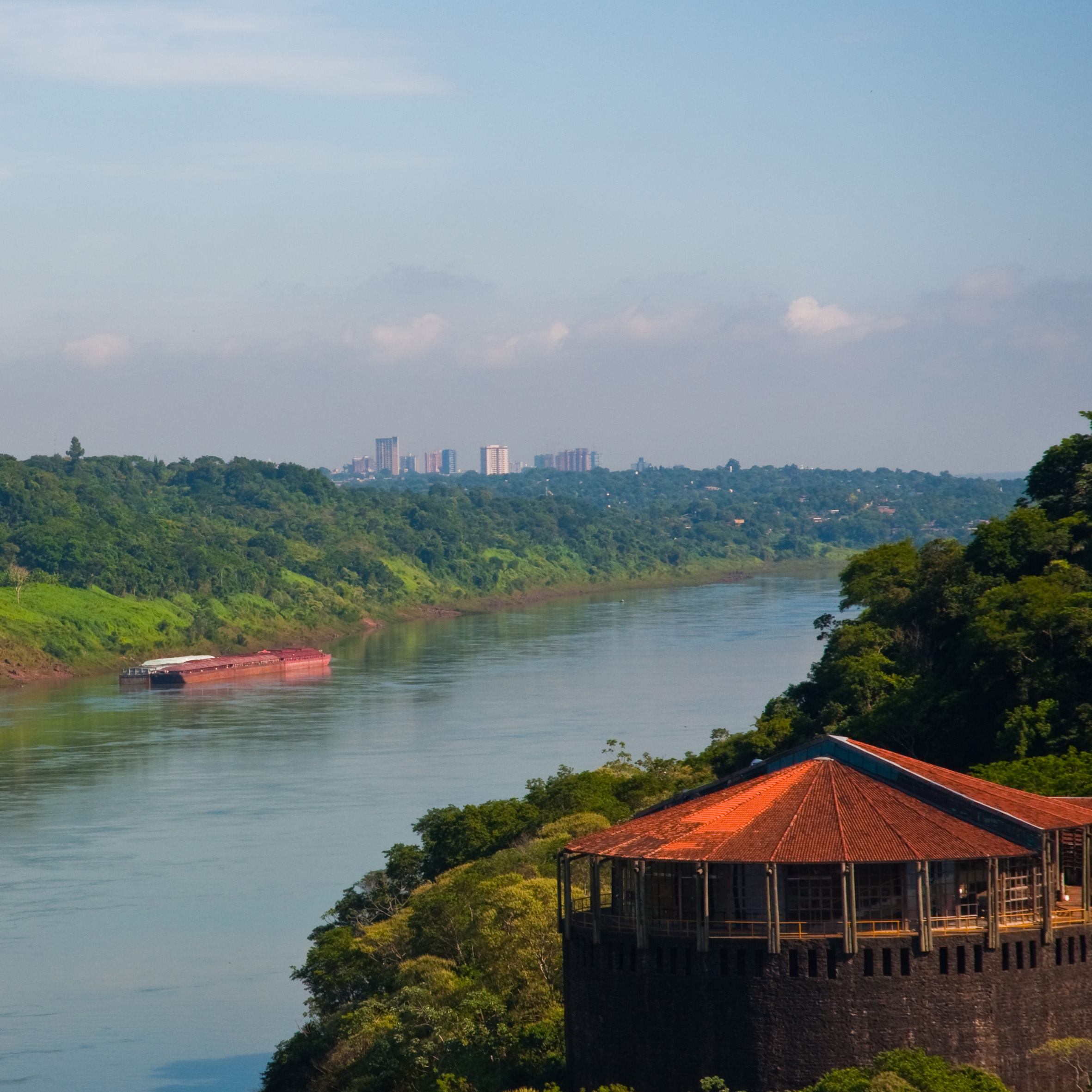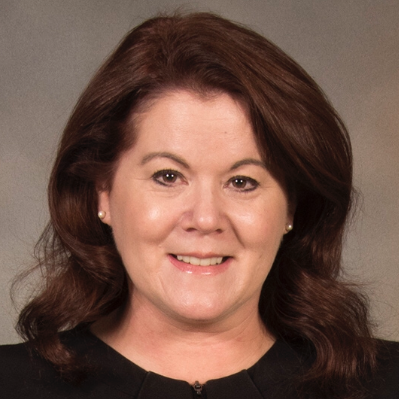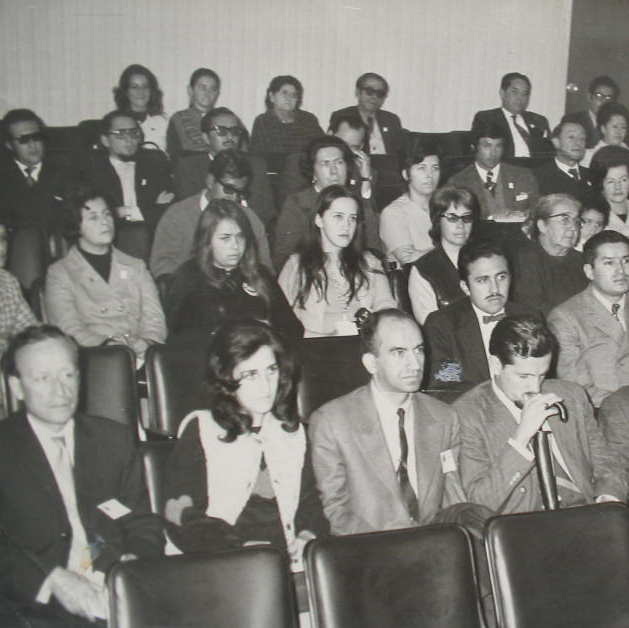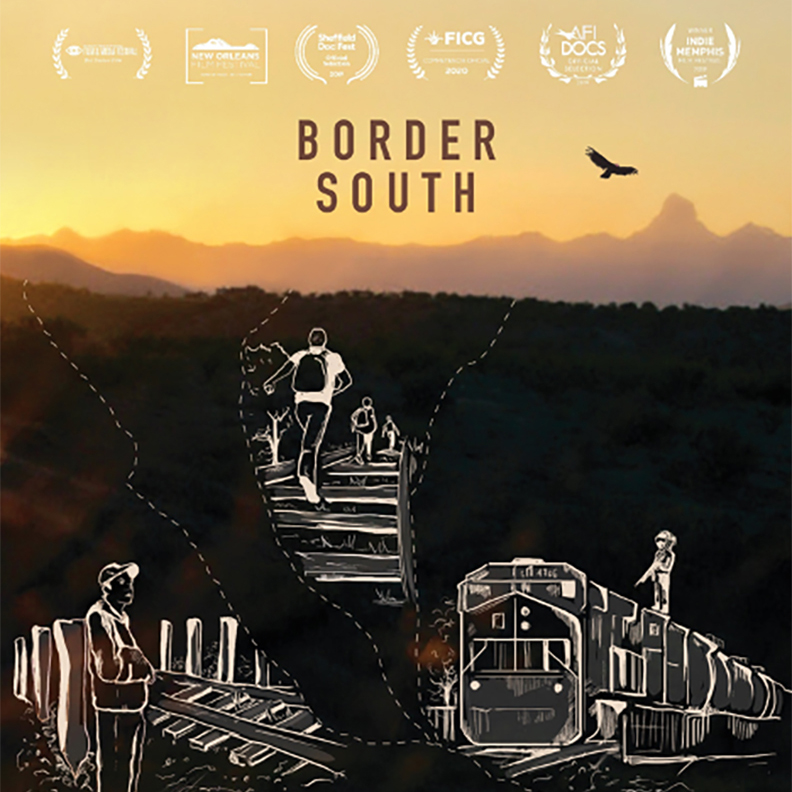September, 2020
Tuesday, September 08, 2020 | 03:00 pm

Researching Paraguayan Guarani: The Minoritized Language of the Majority
Josefina Bittar , PhD candidate and LAII PhD fellow
Paraguayan Guarani, one of the native languages of Paraguay, is spoken by more than 80% of the country’s population. However, despite government and societal efforts, Spanish remains the language of prestige, required for education opportunities and social mobility. In this presentation, Josefina Bittar will discuss the characteristics of Guarani-Spanish bilingualism in Paraguay, the importance of documenting linguistic practices in the country, and the role of researchers in challenging the population’s internalized prejudices about languages and their speakers.
Tuesday, September 15, 2020 | 03:00 pm

Apply Your Skills to a Career in Diplomacy: Meet UNM Diplomat in Residence Laura Gritz
UNM Diplomat in Residence Laura Gritz will hold a discussion about internships and careers in the Foreign Service with the U.S. Department of State and how the skills you develop with Latin American coursework could lead to an exciting career in diplomacy. The U.S. Department of State is dedicated to protecting and strengthening America’s interests abroad and right here at home. You can make a difference with the U.S. Department of State. The Department offers internships, fellowships for graduate school, funding for study abroad, jobs, and careers. All majors and backgrounds are welcome.
Friday, September 18, 2020 | 02:00 pm

A Class that Does (not) Matter: Rethinking Cold War Latin America from the Middle
Dr. A. Ricardo López-Pedreros , Western Washington University
Join the LAII for a presentation with Dr. A. Ricardo López-Pedreros, professor of History at Western Washington University. This presentation seeks to bring together recent interdisciplinary scholarship to initiate a critical conversation on how to rethink the historical formation of the middle classes—as a social category, a political project, a subjectivity, and a material reality—in Latin America during the second half of the twentieth century.
Wednesday, September 23, 2020 | 04:30 pm - 05:30 pm

The Politics of Water in Latin America Lecture Series
The College of Arts and Sciences, International Studies Institute presents "The Politics of Water in Latin America," a public lecture series featuring local and international experts. Each lecture will be followed by a Q & A Forum. Lecture dates are as follows: Sept. 23, Oct. 14, Oct, 28, Nov. 11 and Dec. 2.
Friday, September 25, 2020 | 02:00 pm

Writing, Researching and Reading Bilingual, Regional Children's Literature
Dr. Anna M. Nogar , Department of Spanish & Portuguese,The University of New Mexico
Do you remember reading or being read children's books? Were they about leyendas y mitos, historias or places you had been near home? ¿Was there a vaivén between languages? In this talk, Dr. Anna M. Nogar will discuss the research involved in creating illustrated, bilingual books with a regional focus for children; how such books are written; and what is involved in their reading for young audiences. Teaching and working with current students in an online undergraduate class on "La vida juvenil bilingüe" in the Department of Spanish and Portuguese, Dr. Nogar shares that experience and helps us think about what these books mean for their audiences and for us.
Friday, September 25, 2020 | 03:00 pm

Border South: A Documentary Film and Q & A
Directed by Raúl O. Paz Pastrana and Produced by Jason De León , Presented by the Undocumented Migrant Project in conjunction with Hostile Terrain 94
To stem the immigration tide, Mexico and the U.S. collaborate to crack down on migrants, forcing them into ever more dangerous territory.
Every year hundreds of thousands of migrants make their way along the trail running from southern Mexico to the US border. Gustavo’s gunshot wounds from Mexican police, which have achieved abundant press attention, might just earn him a ticket out of Nicaragua. Meanwhile anthropologist Jason painstakingly collects the trail’s remains, which have their own stories to tell. Fragmented stories from Hondurans crossing through southern Mexico assemble a vivid portrait of the thousands of immigrants who disappear along the trail. Border South reveals the immigrants’ resilience, ingenuity, and humor as it exposes a global migration system that renders human beings invisible in life as well as death.
